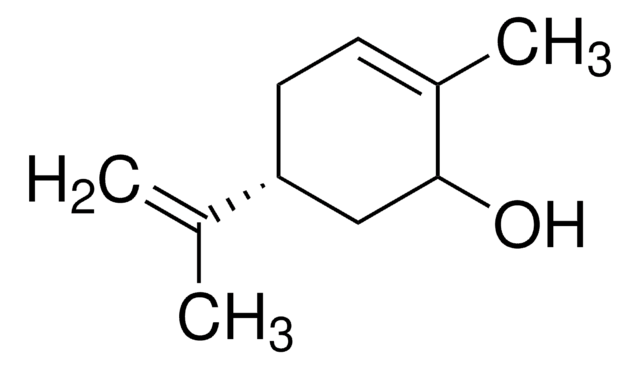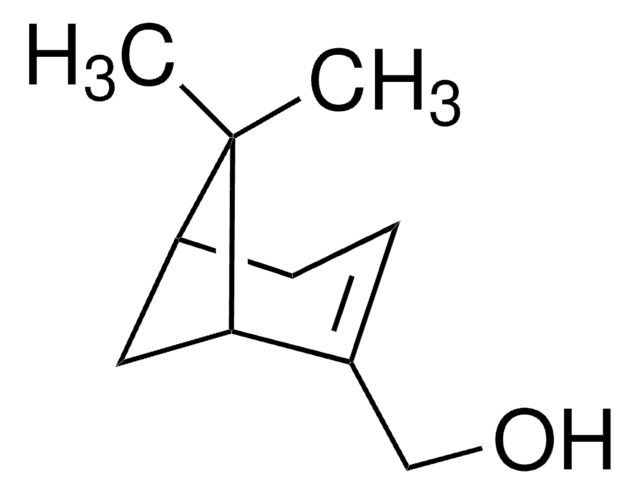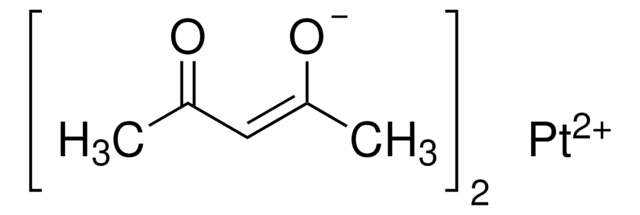213748
1,2-Hexadecanediol
technical grade, 90%
Synonym(s):
1,2-Dihydroxyhexadecane, 1,2-Hexadecylene glycol, 2-Hydroxycetyl alcohol
About This Item
Recommended Products
grade
technical grade
Quality Level
Assay
90%
mp
68-72 °C (lit.)
functional group
hydroxyl
SMILES string
CCCCCCCCCCCCCCC(O)CO
InChI
1S/C16H34O2/c1-2-3-4-5-6-7-8-9-10-11-12-13-14-16(18)15-17/h16-18H,2-15H2,1H3
InChI key
BTOOAFQCTJZDRC-UHFFFAOYSA-N
Looking for similar products? Visit Product Comparison Guide
Application
- Au-Fe3O4 hetero-dimers
- iron pyrite nanocrystals
- monodisperse iron platinum nanoparticles
Storage Class Code
11 - Combustible Solids
WGK
WGK 1
Flash Point(F)
361.4 °F - closed cup
Flash Point(C)
183 °C - closed cup
Personal Protective Equipment
Choose from one of the most recent versions:
Already Own This Product?
Find documentation for the products that you have recently purchased in the Document Library.
Customers Also Viewed
Articles
Professor Randal Lee (University of Houston, USA) discusses design considerations for iron oxide magnetic nanospheres and nanocubes used for biosensing, including synthetic procedures, size, and shape. The effects of these variables are discussed for various volumetric-based and surface-based detection schemes.
Our team of scientists has experience in all areas of research including Life Science, Material Science, Chemical Synthesis, Chromatography, Analytical and many others.
Contact Technical Service












